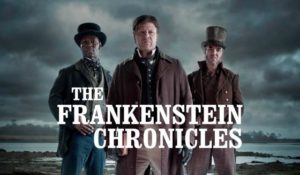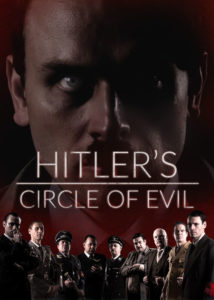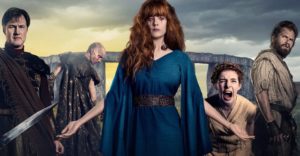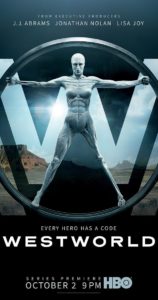The Dig is a dramatization of the discovery of a 6th century burial ship on an English estate by a self-trained archaeologist, Basil Brown (Ralph Fiennes) and the estates owner the widow Edith  Pretty (Carey Mulligan.) The movie details their struggles with acceptance, resistance from the accredited community, and deteriorating health all as England the world plunge into the cataclysmic horror of the Second World War.
Pretty (Carey Mulligan.) The movie details their struggles with acceptance, resistance from the accredited community, and deteriorating health all as England the world plunge into the cataclysmic horror of the Second World War.
This is a quiet, sedate, drama without anyone pulling a weapon or even raising their voice and it still crackled with tension as the characters faces trials and tribulations. It is a perfect example of that uniquely British style of drama that is motivated by class and manners, where the stakes are defines by expectations and the cost of defying them. In years past The Dig would have played to great success on the silver screen but not only due to the pandemic but also changing audience patterns niche channels and streaming services are now the home for this sort of dramatic fare. The truth of the matter is that fewer and fewer people are willing to pay more than twenty dollars a piece for non-spectacle cinema. That is not a slight on spectacle films but rather an acceptance that audiences have changed.
The performances in The Dig are superb. Fiennes adopts a Suffolk accent that is simply charming, Mulligan radiates sympathy a widowed wife facing not only the challenge of raising a son alone with also while dealing with a terrible condition all without ever devolving into maudlin pits of self-pity. The supporting cast is equally talented including Lilly James as a young archaeologist faced with sexism from academia and the horror that she has married the wrong man.
Cinematographer Mike Eley captures haunting and lovely images of the English country giving the fog a ghostly and timeless luminosity that feels as though it has passed through the centuries with the buried burial site.
Screenwriter Moira Buffini’s script shows a deft competence and subtilty that trusts the audience to understand the situation and the characters’ inner lives and motivations without needlessly wordy exposition.
Under the helm of Director Simon Stone all of these elements come together for a moving portrait of people and an age that has now passed.
The Dig is streaming on Netflix.






